Europe 1745-1901
In this period European nations transform themselves once more. Nationalism and republicanism take a foot hold as do influential political ideologies and discourses that will go on to have a huge impact on the 20th century. The Leaders of France and Germany are examined for their huge impact on the Europe of that time.
Sort by:
Date (Newest first) | Title A-Z
Show:
All |
Articles |
Podcasts |
Multipage Articles
-
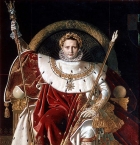
Napoleon and the creation of an imperial legend
ArticleClick to view -
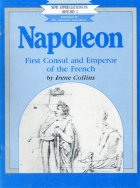
Napoleon: First Consul and Emperor of the French
ArticleClick to view -

Podcast Series: Origins of the European Financial Markets
Multipage ArticleClick to view -
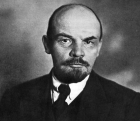
Podcast Series: Russia and the USSR
Multipage ArticleClick to view -
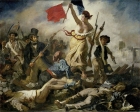
Podcast Series: The Age of Revolutions
Multipage ArticleClick to view -

Podcast Series: The French Revolution to the Fall of Napoleon
Multipage ArticleClick to view -

Podcast Series: Thomas Paine
Multipage ArticleClick to view -
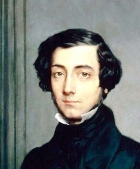
Podcast: Re-imagining Democracy
ArticleClick to view -
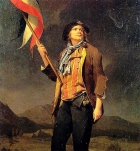
Polychronicon 150: Interpreting the French Revolution
ArticleClick to view -
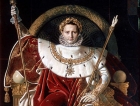
Polychronicon 158: Reinterpreting Napoleon
ArticleClick to view -
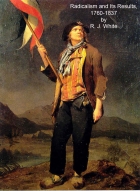
Radicalism and its Results, 1760-1837
ArticleClick to view -
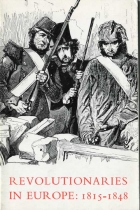
Revolutionaries In Europe: 1815-1848
ArticleClick to view -

The Battle of Waterloo: Sunday 18 June 1815
ArticleClick to view -

The Effect of Prior Knowledge on Teaching International History
ArticleClick to view -
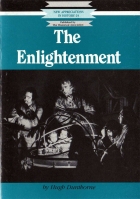
The Enlightenment
ArticleClick to view -
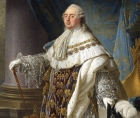
The Flight to Varennes
ArticleClick to view -
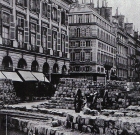
The Paris Commune of 1871
ArticleClick to view -

The Tenth Grade tells Bismarck what to do: using structured role-play to eliminate hindsight in assessing historical motivation
ArticleClick to view -
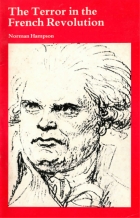
The Terror in the French Revolution
ArticleClick to view -

Using this map and all your knowledge, become Bismarck
ArticleClick to view

